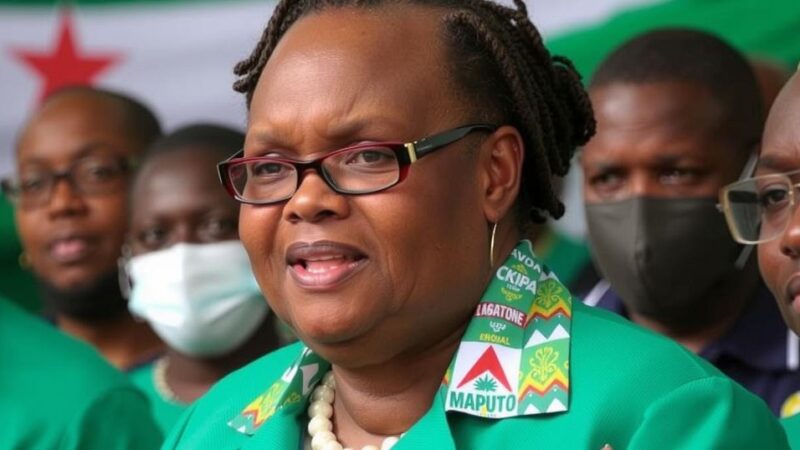The Democratic Republic of Congo is suffering from deep economic and social issues, including extreme poverty and food insecurity. President Felix Tshisekedi’s proposed constitutional reforms are viewed skeptically, with many fearing they aim to extend his presidential term. This initiative comes amidst a backdrop of historical struggles against government corruption and political evasion of term limits. The international community’s focus on Congo’s mineral wealth further complicates the governance landscape, potentially exacerbating citizen discontent.
The Democratic Republic of Congo (DRC) is currently confronting significant challenges, including an alarming lack of trust in government efforts. Amidst grave societal crises such as food insecurity affecting over twenty-three million citizens and rampant violence, President Felix Tshisekedi has proposed constitutional reforms. He labels the existing constitution, a product of a 2005 referendum, as antiquated and argues for its revision. This initiative, however, is perceived as a strategic maneuver to alter presidential term limits aid Tshisekedi in extending his tenure. Despite having ascended to power under questionable circumstances in 2018, Tshisekedi has made minimal strides in addressing the critical issues facing the populace. His administration’s recent focus on constitutional change raises eyebrows, particularly given that the previous president, Joseph Kabila, faced severe repercussions for similar ambitions. Many view this push for reform as a self-serving political diversion that could exacerbate existing tensions in a nation where deep-seated discontent and insecurity prevail. Tshisekedi’s attempts to change the constitution may undermine citizen trust further, especially as it can be interpreted as paving the way for continued presidential power. The historical context of Kabila’s unpopular bid to extend his rule casts a long shadow, highlighting the dangers of neglecting the voices of disillusioned citizens. Additionally, the international community’s engagement with the DRC, particularly concerning its mineral resources, may diminish the pressure on Tshisekedi to act responsibly. As foreign interests thrive amidst the turmoil, the risk grows that external actors will overlook the domestic unrest, prioritizing profits over ethical concern for the Congolese people’s plight.
The Democratic Republic of Congo faces a plethora of challenges, compounded by high levels of poverty, frequent violence, and widespread food insecurity. In this context, the government under President Felix Tshisekedi is attempting to address national stability. However, efforts to change the constitution have ignited fears of a political coup, given the historical backdrop of previous leaders who attempted to evade term limits. With external nations focusing on the DRC’s rich natural resources, the potential for disregard of internal political turmoil further complicates the landscape for Congolese citizens, whose expectations for change have not been met.
In summary, the push for constitutional reform in the Democratic Republic of Congo, led by President Felix Tshisekedi, raises critical concerns regarding the future of democratic governance in the country. As citizens grapple with pressing issues such as insecurity and food scarcity, the perceived self-interest behind potential changes to term limits could erode trust in leadership. Furthermore, international stakeholders must recognize the risks of overlooking the complex socio-political landscape in their pursuit of the DRC’s abundant resources, lest they contribute to ongoing instability and discontent among the Congolese people.
Original Source: www.africa.com






